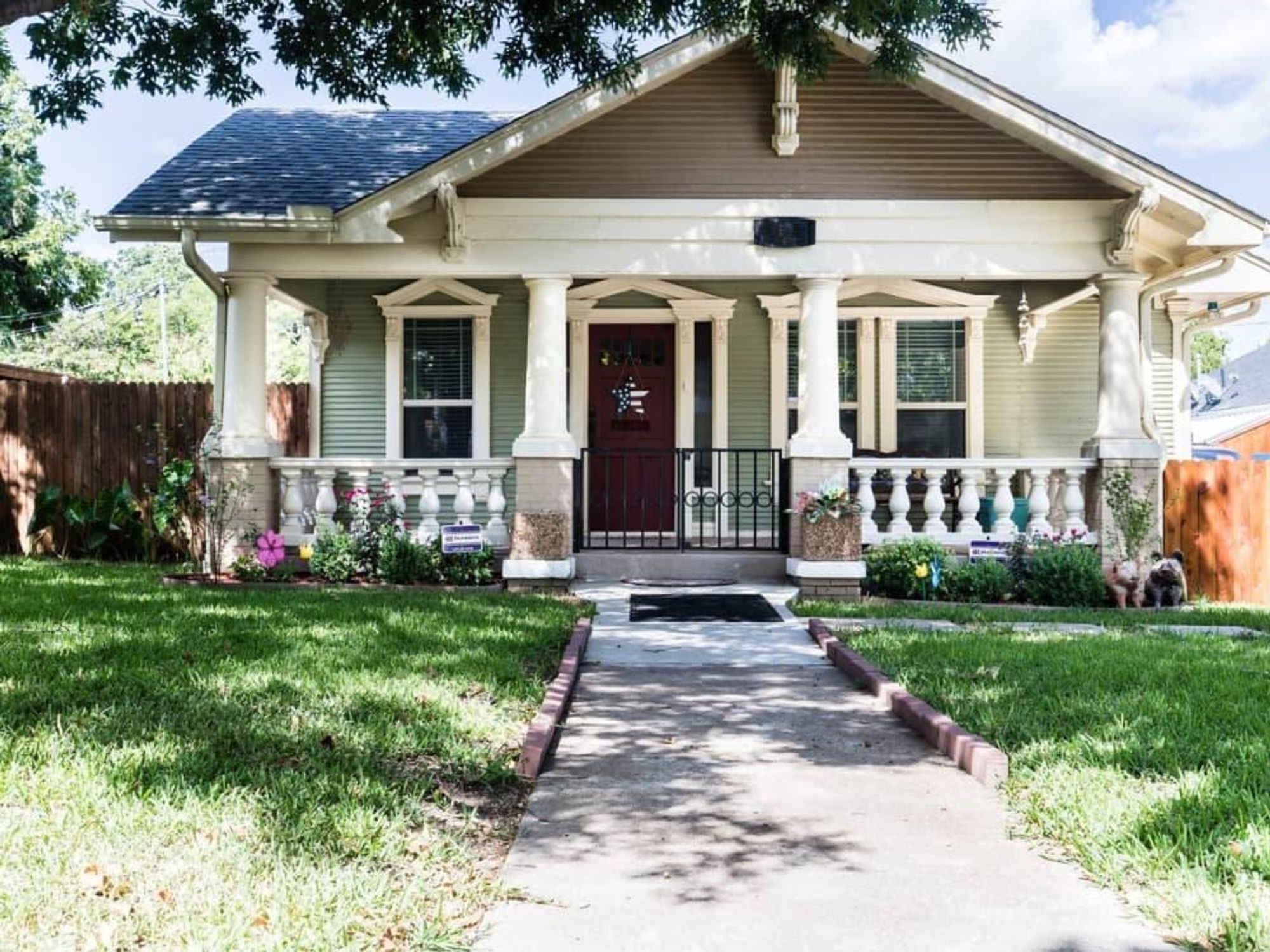Rise of rentals
Fort Worth unlocks one of highest rates of Airbnb growth in U.S.

Despite the city's concerns about regulating short-term rentals, the number of Airbnb listings in Fort Worth is ballooning, a new study shows.
The study, released October 22 by real estate platform IPX1031, ranks Fort Worth fourth among major cities for growth in Airbnb listings since 2017 (101.5 percent). One notch lower, at No. 5, is Dallas (95.2 percent).
An estimated 1,100 properties in Fort Worth are marketed as short-term rentals. The City of Fort Worth does not allow short-term rentals in residential areas. In September, the Fort Worth City Council directed city staff to study ways to regulate short-term rentals, including those posted on Airbnb, with a follow-up briefing scheduled for January 2020.
Short-term rentals generate about $15 million in gross revenue yearly, but they do not pay hotel occupancy taxes in Fort Worth. "If all of these properties paid hotel occupancy taxes, the city would net between $1 million and $1.5 million yearly," the city said in its September report.
Earlier this year, IPX1031 ranked Fort Worth as the 12th best place in the U.S. to invest in an Airbnb property, based on where hosts can get the most “bang for their buck” and make the most annual profit. With an average daily rate of $148 and occupancy rate at 64 percent, Fort Worth Airbnb hosts earn $19,536 profit, that study said.
In nearby Dallas, an estimated 2,000 to 3,000 short-term rental properties operate. Short-term rental properties in Dallas must pay hotel occupancy taxes but otherwise aren’t regulated.
At the other end of the spectrum in the new IPX1031 study, Austin ranks fifth among major cities for the least amount of growth in Airbnb listings since 2017 (7.19 percent). San Francisco leads this list, with a 16.6 percent decrease in Airbnb listings.
Restrictions on short-term rentals may be causing some cities to see limited or negative Airbnb growth, IPX1031 notes. Both Austin and San Antonio regulate short-term rental properties. Austin’s regulations are considered among the strictest in Texas. San Antonio started regulating short-term rentals in November 2018.
“The rapid expansion of short-term rental platforms has spurred many cities to adopt new regulations to mitigate the loss of long-term rental units and to address more localized concerns such as the increase in transient residents and local spillover effects,” Ingrid Gould Ellen, faculty director of New York University’s Furman Center, told Urban Land magazine. “The responses run the gamut from outright bans, to caps on the number of units or nights, to an array of taxes and fees.”
For its study, IPX1031 analyzed Airbnb listing data from more than 350 U.S. cities. The data came from AirDNA, an analytics database for short-term rentals.
Eighth-place San Antonio (76.9 percent) joins Fort Worth and Dallas in the top 10 for Airbnb growth.
At 120.4 percent, Charlotte, North Carolina, tops the growth list.

 Guests at Bubbles & Bites. Photo courtesy of FWSSR
Guests at Bubbles & Bites. Photo courtesy of FWSSR